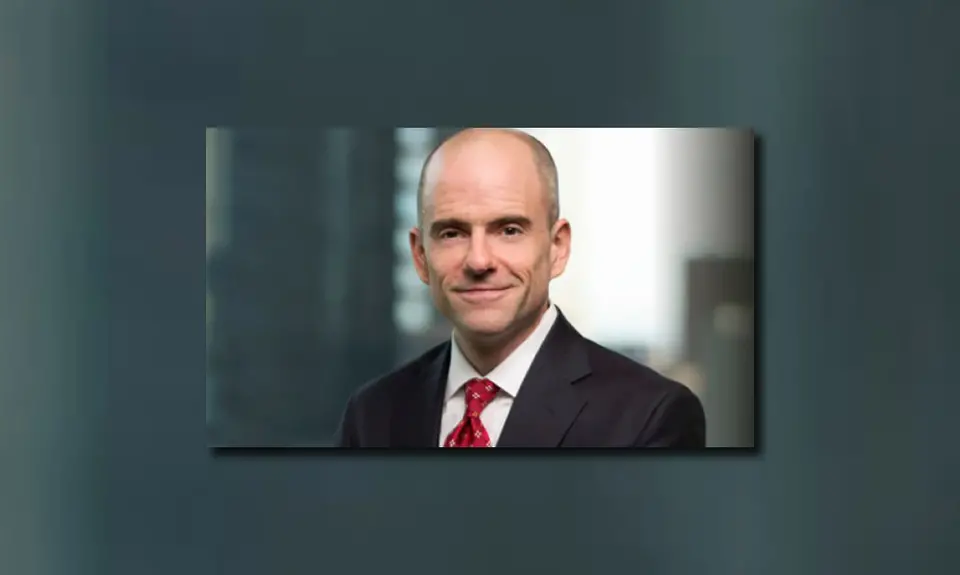People For the American Way sent the following letter to Senate Judiciary Committee members to express our serious concerns about Kevin Newsom, President Trump's nominee to the U.S. Court of Appeals for the Eleventh Circuit. You can download the letter here.
Dear Chairman Grassley, Ranking Member Feinstein, and Committee Members:
On behalf of the hundreds of thousands of members of People For the American Way, I write to express our serious concerns about Kevin Newsom’s nomination to the U.S. Court of Appeals for the Eleventh Circuit. His record merits further examination.
Newsom is a longtime member of the Federalist Society, having joined in 1999. He has been on their executive committee on Federalism and Separation of Powers since 2007, and he was president of the organization’s Birmingham chapter from 2012-2015. Newsom’s active presence as a leader within the Federalist Society should come as no surprise, since it is one of the primary groups to which President Trump has farmed out the selection of judicial nominees. He also became a member of the Chamber Litigation Center in 2014, pursuing the pro-corporate legal agenda of the Chamber of Commerce.
Newsom, a former attorney general of Alabama, is currently a law firm partner who represents large corporate interests in civil litigation. He also represented Alabama in an amicus brief in Caperton v. Massey Coal Company, an important case recognizing the corrupting impact of money in politics, including independent expenditures. Newsom argued that a litigant’s constitutional rights were not violated even when the judge hearing his case owed his position to the other party’s enormous, disproportionate, and unprecedented campaign spending on his behalf.
Rather than focusing on an individual’s constitutional right to a fair and unbiased judiciary, Newsom focused on the “vital principles of federalism,” as if the states would be the truly injured party if the Court found a constitutional violation. Even in the face of campaign spending clearly making it impossible to ignore the obvious appearance of corruption, Newsom argued that “constitutionalizing” recusal rules was “unnecessary,” “unwise,” and “incapable of principled application.” In an article written after the Court found a constitutional violation, Newsom called the ruling a “broadly-worded and seemingly open-ended federal constitutional sword [for litigants] to wield.”
In an era when unlimited spending on elections is having an increasingly corrosive impact on the health of our democracy, the nominee’s record in Caperton is ominous.
Newsom has also written controversial articles on his own behalf that raise additional issues meriting further investigation.
For instance, in his 2004 article “Discrimination, Retaliation, and Implied Private Rights of Action,” Newsom posited that Title IX does not provide for a private lawsuit by an individual retaliated against for exercising their Title IX rights. Fortunately, the Supreme Court subsequently disagreed.
Newsom is also deeply hostile to substantive due process, which the Supreme Court has recognized as protecting the right of women to choose an abortion and the right of same-sex couples to marry. In his 2000 article “Setting Incorporationism Straight - A Reinterpretation of the Slaughter-House Cases,” he wrote:
Most obviously and importantly, my reading would permit courts to lay aside the historically confused and semantically untenable doctrine of “substantive due process,” a doctrine that has for years visited suspicion and disrepute on the judiciary's attempt to protect even textually specified constitutional freedoms, such as those set out in the Bill of Rights, against state interference.
He goes so far as to claim that Roe v. Wade had its genesis in Dred Scott:
Nonetheless, courts invoking substantive due process … would do well to remember that all roads lead first to Roe, then on to Lochner, and ultimately to Dred Scott.
Although lower courts are bound by Supreme Court precedent, that statement could be interpreted as a call for lower court judges to chart their own way on issues like abortion and marriage equality. If not outright defiance of precedent, he may be calling for conservative lower court judges to impose their policy preferences onto their decisions and find ways to uphold limitations on certain fundamental rights.
It is perhaps ironic that the Federalist Society, working through President Trump, has nominated someone who so casually and inaccurately hurls comparisons to Dred Scott, since then-Senator Jeff Sessions played a key role in blocking a qualified African American from consideration for this judgeship. The vacancy that Newsom would fill has been open since 2013. After years of consultation with Alabama Senators Sessions and Richard Shelby, President Obama nominated district court judge Abdul Kallon to the seat.
No African American from Alabama has ever served on the Eleventh Circuit (or its predecessor court, the Fifth Circuit, which used to include Alabama). In fact, Kallon is only the third African American in history to serve as a federal judge on any level in Alabama. And though Senators Shelby and Sessions supported Kallon’s district court nomination, they used their blue slips to block Judge Kallon from even having a hearing.
So instead of Judge Kallon, we have Kevin Newsom, a nominee who—through no fault of his own—would only perpetuate the exclusion of African American Alabamans from the federal courts that decide their rights.
We are deeply concerned about Newsom’s record of hostility to fundamental constitutional rights. His jurisprudence would shut out more than half the population from the full protections of the United States Constitution, with abortion rights and marriage equality among the rights at risk.
We hope to learn more about the nominee both during the hearing and through follow-up written questions for the record.
Sincerely,
Marge Baker
Executive Vice President for Policy and Program
